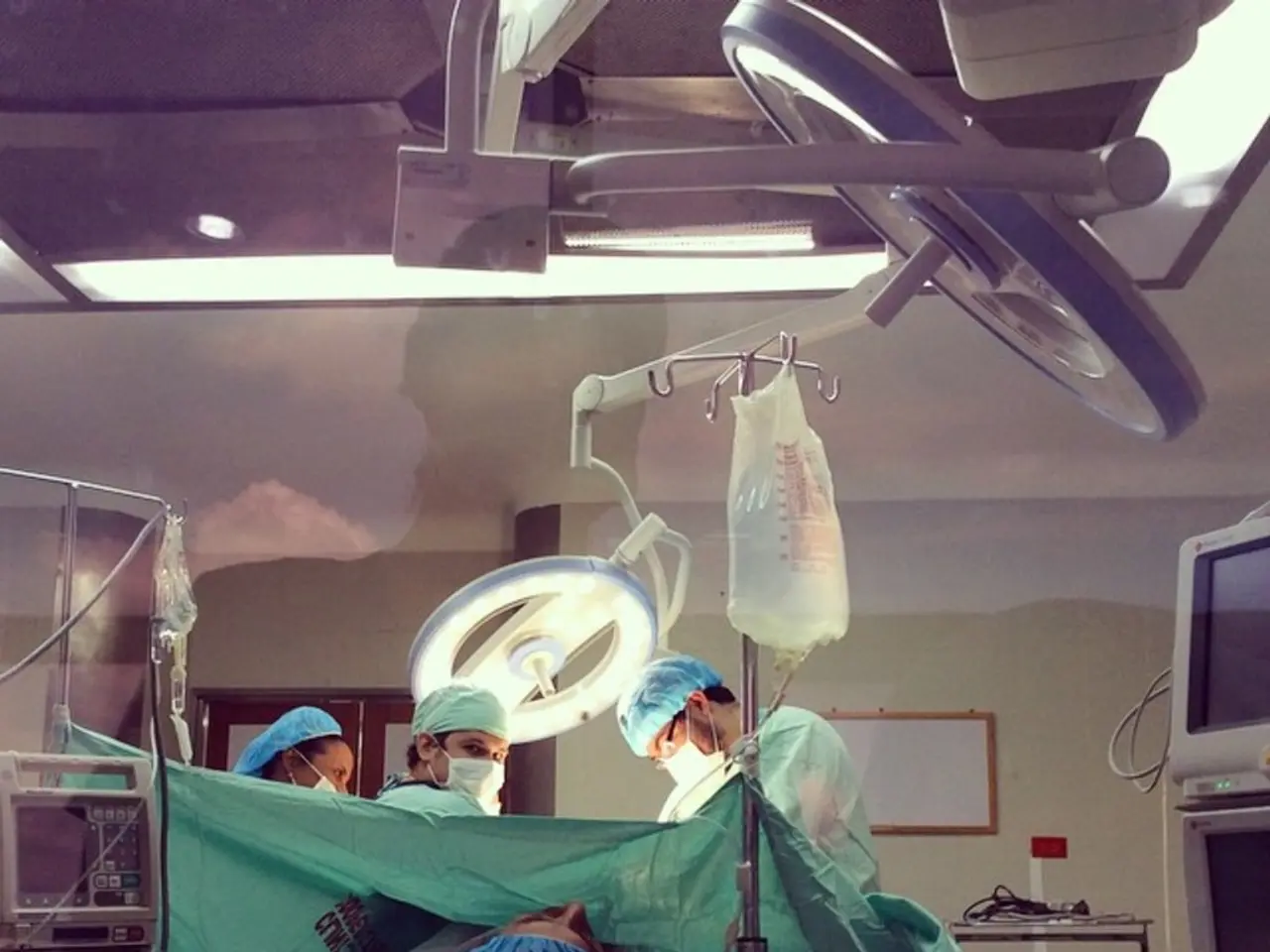Telehealth Facility Set Up in Almaty to Brace for COVID-19 Surge
Telemedicine Center Now Aiding COVID-19 Patients in Almaty
Kamaljan Nadyrov, the head of the Public Health Department in Almaty, recently discussed preparations for a potential second wave of the coronavirus at an online briefing. Among other things, he revealed that patients with suspected and confirmed cases of COVID-19 now have access to medical consultations via a brand-new Telemedicine Center, as reported by Almaty.tv.
The Telemedicine Center's main goal is to provide video consultations with doctors for patients with COVID-19, with the software soon to be integrated into the city's medical information system. This setup enables doctors to assess patients' conditions, prescribe treatment, and update electronic patient records. Moreover, the center serves as a unified electronic database for all COVID-19 cases.
One of the key functions of this center is to monitor patients' compliance with quarantine rules. To achieve this, center staff videocall patients receiving outpatient treatment regularly to ensure they stay home and get the right treatment.
If a patient disregards home quarantine, a signal is sent to the territorial department of the Committee for Quality and Safety of Goods and Services, resulting in a fine. Persistent rule violators might be forced to undergo quarantine in one of the city's COVID clinics, as Nadyrov highlighted.
Although specific data about the efficiency of this Telemedicine Center in Almaty, especially in managing COVID-19 cases, enforcing quarantine rules, and decreasing infection spread, is scarce, broader discussions hint at telemedicine's potential benefits for public health management during crises. Kazakhstan has undertaken substantial reforms in primary healthcare, incorporating telemedicine to optimize access to healthcare services, particularly in remote areas. Studies also suggest that telemedicine can be instrumental in managing infectious diseases by offering remote monitoring and consultation services, ultimately reducing the movement of potentially infected individuals, thus minimizing disease transmission. While digital enforcement of quarantine rules might require cooperation with public health authorities and community organizations, telemedicine services can still play a supporting role in providing remote health checks and guidance to patients under quarantine.
- The Telemedicine Center in Almaty now provides medical consultations via video calls for patients affected by COVID-19, with the intention of assessing their condition, prescribing treatment, and maintaining electronic medical records.
- The center serves as a unified electronic database for all COVID-19 cases, offering regular video calls to patients under home quarantine to monitor their compliance with the rules.
- Non-compliance with home quarantine rules may lead to a fine or mandatory quarantine in a city COVID clinic, as highlighted by Kamaljan Nadyrov.
- Although the effectiveness of this Telemedicine Center in managing COVID-19 cases and enforcing quarantine rules is not yet fully evaluated, the integration of telemedicine into public health management has shown promising potential for crisis situations.




